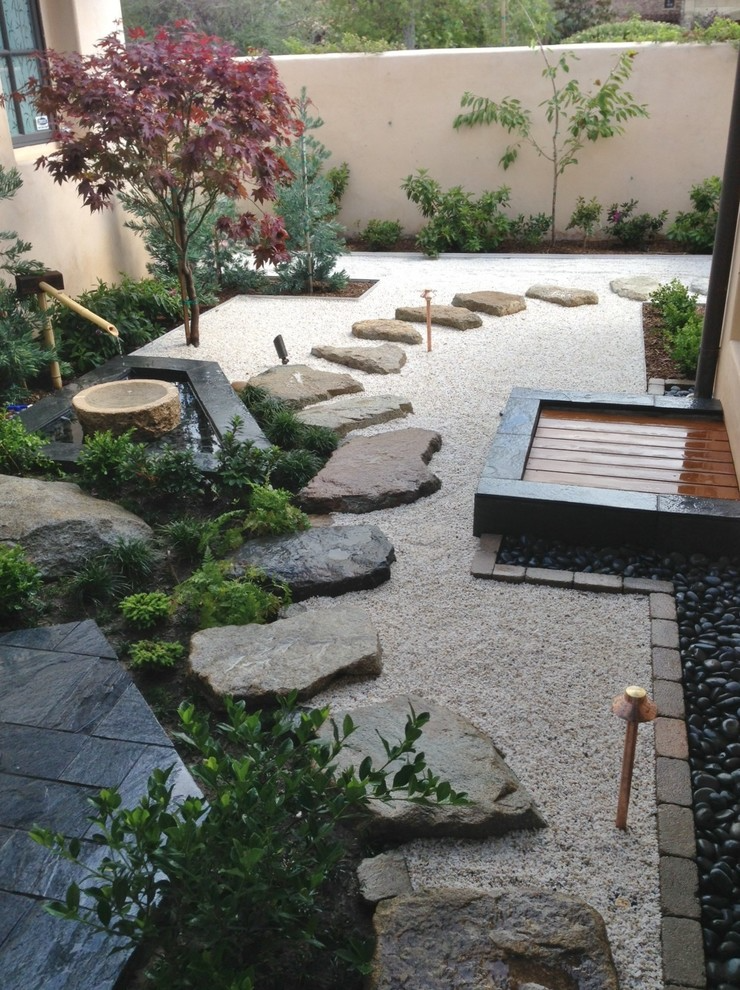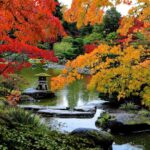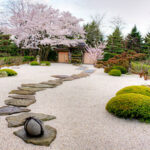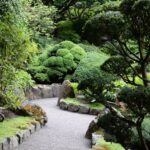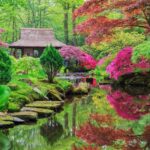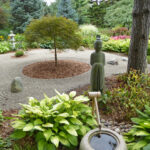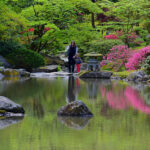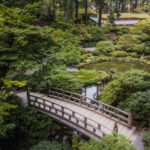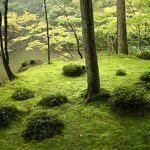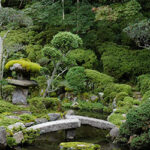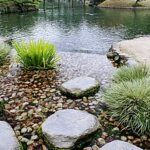Japanese gardens are a true sanctuary for the soul, offering a calming escape from the hustle and bustle of everyday life. These meticulously designed spaces are a true reflection of the Japanese culture, focusing on harmony, simplicity, and nature. Exploring these gardens is not just a visual delight, but also a spiritual experience that can leave you feeling refreshed and rejuvenated.
One of the key features of Japanese gardens is the careful selection and arrangement of plants and trees. Each element is chosen with precision to create a harmonious balance and flow within the space. In traditional Japanese gardens, you will often find a mix of evergreen trees, blooming flowers, and moss-covered rocks, all carefully placed to create a sense of serenity and beauty.
Water is another important element in Japanese gardens, symbolizing purity and life. Many gardens feature ponds, streams, or waterfalls, adding a sense of tranquility to the space. The sound of flowing water can be incredibly soothing, creating a peaceful ambiance that allows visitors to relax and unwind.
Stone lanterns, bridges, and pathways are also common in Japanese gardens, adding a touch of elegance and tradition to the space. These elements are often made of natural materials like stone, wood, and bamboo, blending seamlessly with the surrounding landscape. Walking through a Japanese garden can feel like a journey through time, with each step bringing you closer to a sense of peace and harmony.
One of the most famous Japanese gardens is the Ryoan-ji Temple garden in Kyoto, known for its minimalist design and rock arrangements. The garden features a dry landscape with 15 carefully placed rocks, creating a sense of calm and contemplation. Visitors are encouraged to sit and meditate on the rocks, allowing them to find inner peace and clarity in the tranquil surroundings.
Another must-visit Japanese garden is the Kenrokuen Garden in Kanazawa, considered one of the most beautiful in Japan. This garden features a variety of elements, including ponds, bridges, tea houses, and perfectly manicured trees and plants. The garden changes with the seasons, offering a different experience each time you visit.
When exploring Japanese gardens, it is important to approach them with a sense of mindfulness and appreciation for the natural beauty that surrounds you. Take your time to observe the details, listen to the sounds of nature, and breathe in the fresh air. Allow yourself to be fully present in the moment, taking in the beauty and tranquility of these sacred spaces.
In conclusion, Japanese gardens are a true testament to the beauty and harmony of nature. Exploring these tranquil spaces can be a transformative experience, allowing you to connect with your inner self and find peace in the midst of a busy world. Whether you visit a traditional garden or a modern interpretation, the beauty and serenity of Japanese gardens are sure to leave a lasting impression on your heart and soul.
